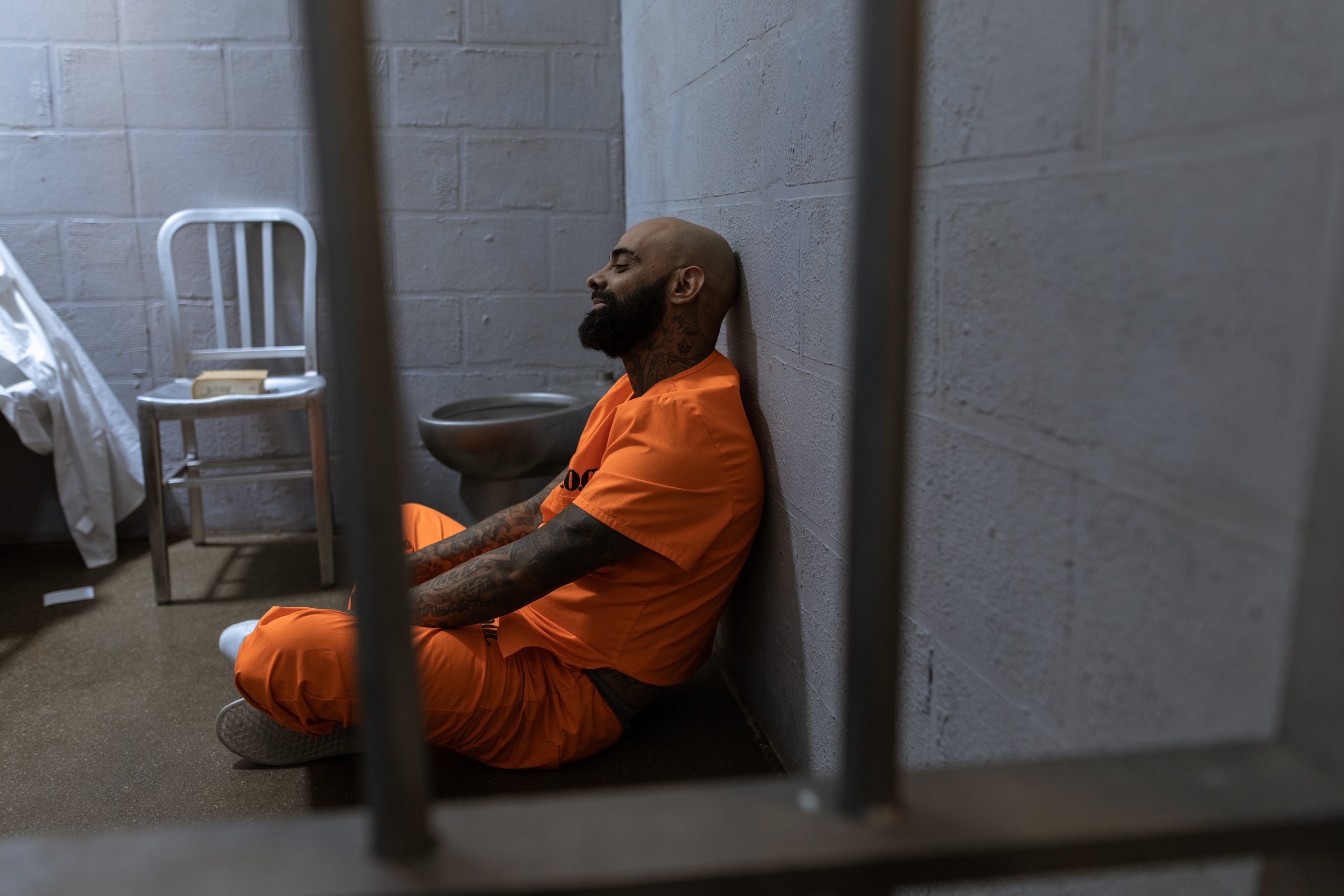
Chris Lange, FISM News
[elfsight_social_share_buttons id=”1″]
Prison Bible colleges are offering inmates a unique opportunity to transform their lives and the lives of others as missionaries and ministers of the Gospel with seminary degree programs.
The remarkable initiative, as featured by World News Group, began in 1996 at the Louisiana State Penitentiary at Angola, a state prison known as one of the toughest in the country. Burl Cain, a warden at the time, said a group of seminary students enrolled in the New Orleans Baptist Theological Seminary volunteered to help inmates achieve bachelor’s degrees.
Cain, who now serves as the commissioner of the Mississippi Department of Correction, had spent over two decades working at Angola implementing various rehabilitation programs. His first response to the offer was not, perhaps, what the seminary reps had hoped to hear.
“I said, ‘You’ve lost your mind,’” Cain recalls.
The group persisted, however, and Cain soon embraced the idea with the understanding that it could provide inmates with a better alternative to the often violent prison gang lifestyle that permeates prisons around the country.
The volunteers were given the green light to go ahead with the project. They welcomed inmates into the program where they taught them about the Gospel and fostered a community that implemented Biblical principles. Within months, Cain said he began to notice that the prison was transforming into a safer and more peaceful environment. The pioneer program at Angola held its first graduation in 2000.
Today, over a dozen Christian colleges and universities across the United States offer similar programs on prison grounds. Money for these schools most often comes from the private sector, through fundraising efforts by the sister college or an adoptive church. Some Bible college graduates go on to become church planters, sometimes establishing churches on prison grounds. Others can go on to preach at one of those churches, work as an assistant to a prison chaplain, or serve as a Bible study leader or counselor to new inmates.
The Angola program was so successful that Cain eventually proposed transferring some prison Bible college graduates at Angola to other inmate facilities as missionaries.
Ardic Fields, a 2010 graduate of the Angola program, became one of those missionaries, now referred to as “field” or “peer ministers.” Fields said that when he was first incarcerated, he began to pray that God would bring someone in his life who could teach him about the Bible. Fields even told God that if his prayer was answered, he would serve Him for the rest of his life.
“And that day, it happened,” Fields says, referring to being presented with the opportunity to enroll in the Bible college where he studied an overview of the Old and New testaments and took classes that ranged from conflict management to Greek to preaching. Fields said that he immersed himself in classes that focused on specific books of the Bible, such as Psalms.
“It covers pretty much everything dealing with Christian ministry,” he said of his education. After graduation and before his sentence had ended, Fields was transferred twice to other prisons where he ministered to inmates with the hope of the Gospel, telling each of them that God values them and still has a plan for their lives.
Cain says inmate-pastors are often more effective at ministry in the cell block than those from outside.
“They say, ‘He feels my pain, he’s lived my life. I understand you. You understand me,’” Cain said.
